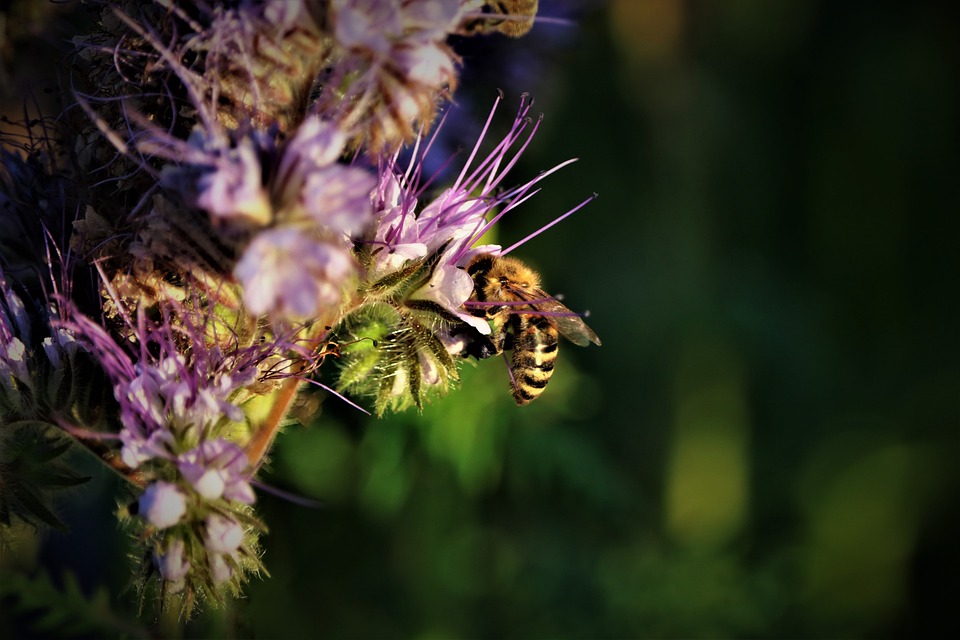As the world becomes increasingly aware of the adverse environmental effects of synthetic pesticides, there’s a growing interest in natural alternatives. Enter botanical extracts, the powerful allies of gardeners, farmers, and home enthusiasts aiming to keep their spaces pest-free without resorting to harsh chemicals. This article delves into the fascinating realm of plant-based pest control and how these nature-derived solutions are not only effective but also sustainable.
The Science Behind Botanical Insecticides
Botanical extracts have been used for centuries in various cultures to deter pests. The science validating these age-old remedies is gaining momentum, revealing that many plants produce natural compounds specifically designed to protect themselves from herbivores and pathogens. These compounds, often referred to as phytochemicals, serve as the foundation for many botanical insecticides.
Some of the most renowned botanical extracts include:
-
Pyrethrins: Derived from chrysanthemum flowers, pyrethrins disrupt the nervous systems of insects, leading to paralysis and death. They are widely used in both agricultural and household pest control.
-
Neem Oil: Extracted from the seeds of the neem tree, neem oil is effective against a broad range of pests. Its active compound, azadirachtin, interferes with the hormonal systems of insects, preventing their growth and reproduction.
-
Garlic and Chili Peppers: These kitchen staples do more than spice up your meals; their strong scents and properties act as natural repellents to bugs. Garlic, for example, contains allicin, which can repel mosquitoes and other insects.
-
Eucalyptus Oil: Known for its refreshing aroma, eucalyptus oil has insect-repelling properties due to its high concentration of citronella, a natural pesticide known to deter mosquitoes.
- Essential Oils: A variety of essential oils, including peppermint, tea tree, and clove oil, have demonstrated insecticidal and repellent qualities against a range of species.
Advantages of Botanical Extracts
-
Eco-Friendly: One of the main benefits of using botanical extracts is their minimal impact on the environment. Unlike synthetic pesticides that can lead to soil and water contamination, most botanical insecticides are biodegradable and can be safely used without harming beneficial insects, plants, or the surrounding ecosystem.
-
Reduced Chemical Exposure: For home gardeners and food producers alike, botanical extracts represent a safer option. They allow for a healthier growing environment without the risks associated with chemical residues on fruits and vegetables.
-
Biodiversity Support: Utilizing botanical pest deterrents helps maintain biodiversity. While synthetic pesticides often indiscriminately kill various insects, botanical extracts can be tailored to target specific pests while preserving beneficial species.
- Resistance Management: Reliance on chemical pesticides can lead to the development of resistant pest populations. By employing a variety of natural extracts, gardeners can reduce the likelihood of resistance while promoting a balanced pest-management system.
How to Use Botanical Extracts Effectively
Incorporating botanical extracts into your pest management strategy can be straightforward. Here are some tips for effective application:
-
Dilution: Most botanical extracts need to be diluted before application. Always follow the instructions provided, as many extracts can be potent.
-
Timing: Apply botanical sprays in the early morning or late afternoon to reduce evaporation and maximize effectiveness. Additionally, targeting pests when they are most active (typically in warmer months) can increase success rates.
-
Consistency: Regular applications may be necessary, especially after rain or heavy dew, which can wash away essential oils and other compounds.
- Combining Methods: Integrating botanical extracts with other pest control measures, such as traps, barriers, and cultural practices, can create a holistic approach to managing pest populations.
Conclusion
The resurgence of interest in botanical extracts for pest control showcases the ongoing evolution of gardening and agricultural practices. As we strive for a healthier planet, harnessing the power of plants provides a viable and sustainable solution to pest management. By turning to nature’s bounty, we not only protect our ecosystems but also cultivate a deeper appreciation for the natural world and its remarkable capacity for resilience. Whether you’re a dedicated gardener or simply looking for ways to keep bugs at bay in your home, botanical extracts offer an effective, eco-friendly alternative to conventional pesticides. Embrace the power of plants and join the movement towards a more sustainable future!
